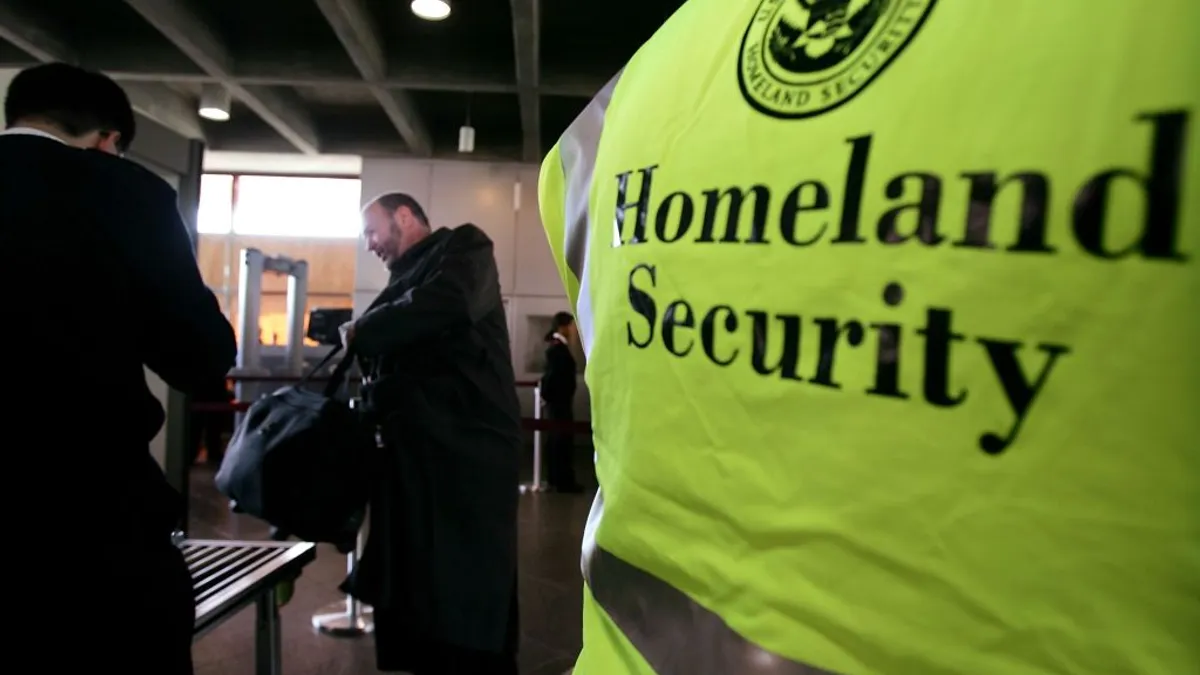Dive Brief:
- As job openings remain above 11 million for the second consecutive month, the U.S. Chamber of Commerce called upon Congress March 9 to "modernize our broken immigration system" in order to fill those jobs.
- Earlier in March, the Chamber joined a bipartisan coalition made up of business, faith and advocacy leaders focused on immigration reform to push Congress to pass legislation regarding such issues, including "permanent legal protections and other reforms for Dreamers, TPS recipients, and agricultural workers."
- "As a result of COVID and other policy changes, there are one million fewer college educated immigrants in the United States today," Neil Bradley, U.S. Chamber executive vice president and chief policy officer, said in a statement. "We can't get inflation under control, unclog our supply chains, or fully grow our economy and remain competitive unless we welcome more people into our country to fill these jobs."
Dive Insight:
In 2020, Canada displaced the U.S. as the preferred region place for workers to immigrate due to an "inconsistent pandemic response, the adoption of more nationalistic policies, and social unrest" in the U.S., a Boston Consulting Group report published in 2021 said. While the pandemic quashed global movement in 2020, employers also struggled to secure work authorizations due to a lack of efficiency and transparency in the immigration process, an Envoy report said in February 2020.
Notably, the number of H-1B visa applications fell in 2021 compared to previous years, but experts told HR Dive that the drop was due to bureaucracy and the pandemic rather than an actual dip in demand. In response to struggles with U.S. immigration bureaucracy, sources said some employers opened offices in other countries to cope with visa wait times.
President Biden allowed Trump's suspension of entry of visa holders to expire in March 2021. Biden's Department of Homeland Security also withdrew a rule that aimed to modify the H-1B process by instituting a "wage level ranking" system for selecting cap-subject petitions. Observers cite concerns, however, about prevailing wage for H-1B workers; the Economic Policy Institute, for example, said in a 2020 report that many major U.S. companies use the visa programs to keep migrant worker wages below market level.













